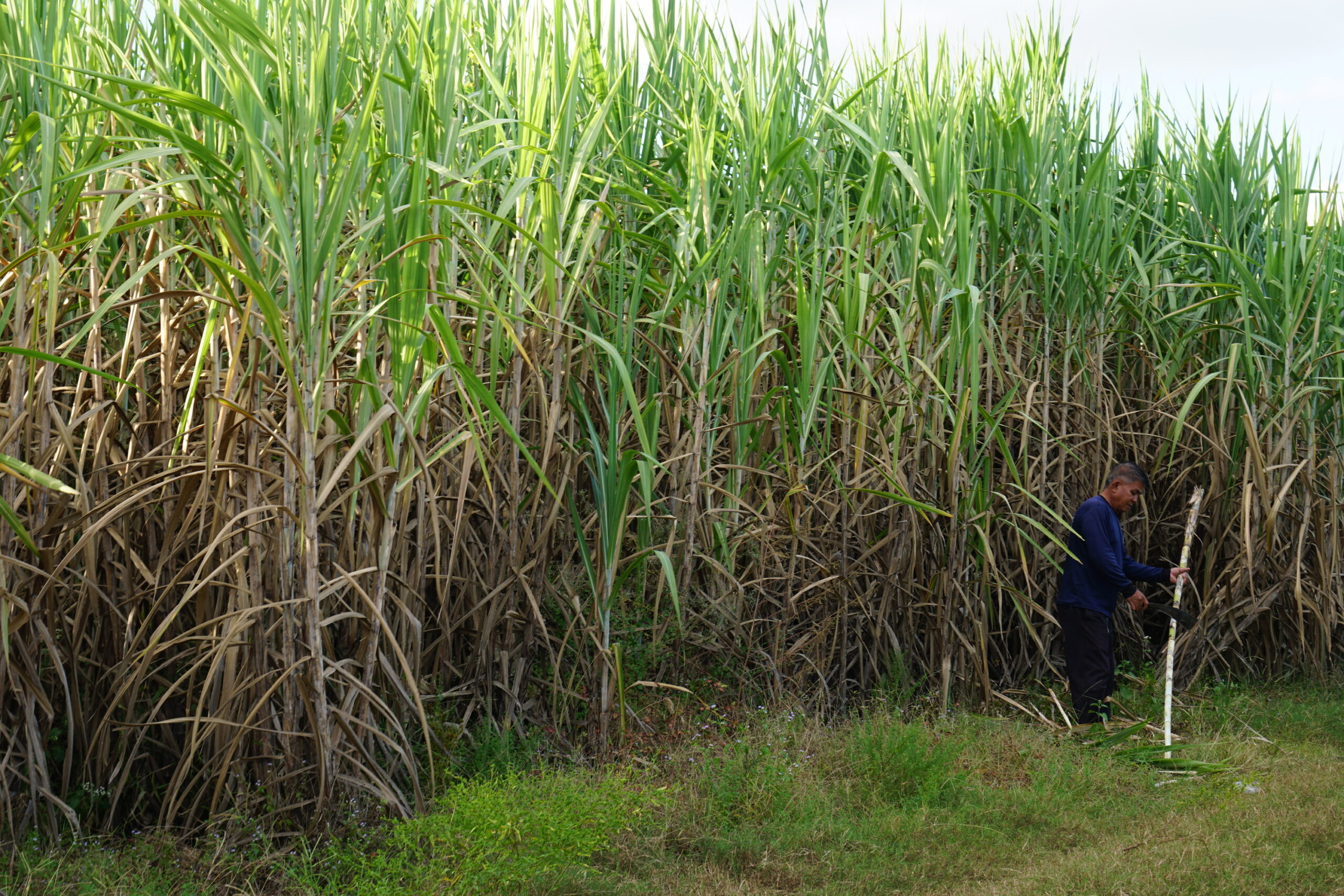Why Walking Stick Sugar Handling Chemicals Are Important for Modern Sugar Refining
The duty of walking stick sugar handling chemicals in modern sugar refining can not be overstated, as they are important to boosting both the efficiency of extraction and the overall high quality of the final item. Representatives such as phosphoric acid and certain flocculants are used to get rid of pollutants, resulting in sugar that not just satisfies consumer expectations yet also sticks to industry standards.
Role of Handling Chemicals
The effectiveness of cane sugar processing pivots significantly on the strategic application of processing chemicals. These chemicals play a pivotal role in enhancing the efficiency and high quality of sugar removal and refining. From the initial stages of juice removal to the final filtration actions, handling chemicals promote different critical operations.
In the removal stage, chemicals such as phosphoric acid and calcium hydroxide are employed to enhance the explanation procedure, aiding to get rid of impurities and put on hold solids from the walking cane juice. This not only enhances the return yet also ensures the quality of the end product. In addition, agents like flocculants help in the rapid settling of contaminations, consequently improving the overall process.
Triggered carbon and ion exchange resins offer to get rid of color and odor, guaranteeing that the refined sugar meets consumer quality criteria. Hence, the meticulous choice and application of these chemicals are important for accomplishing optimal end results in walking stick sugar processing.
Key Kinds of Chemicals
Walking cane sugar handling depends on a variety of essential chemicals that promote each stage of production. These chemicals play important functions in clarifying, lightening, and cleansing the sugar removed from cane.
One primary classification of chemicals includes flocculants, such as polyacrylamide, which help in the information process by promoting the aggregation and settling of contaminations. In addition, calcium hydroxide is typically utilized to reduce the effects of level of acidity and aid in the elimination of non-sugar parts.
Lightening agents, such as triggered carbon and sulfur dioxide, are used to decolorize the syrup, leading to a more clear last product. These chemicals aid eliminate shade compounds that may influence the sugar's appearance and marketability.
In addition, phosphoric acid acts as a pH regulator during the processing phases, making sure optimal problems for the enzymatic activities associated with sugar removal and purification.
Other crucial representatives consist of edta (ethylenediaminetetraacetic acid), which chelates steel ions that might catalyze unwanted reactions, and sodium hydroxide, which assists in pH control throughout the refining procedure. Jointly, these chemicals enhance efficiency and make certain a high-quality walking cane sugar item.
Advantages for Sugar High Quality
Typically neglected, the usage of details handling chemicals considerably enhances the general top quality of cane sugar. These chemicals play a crucial role in refining procedures, ensuring that the last product satisfies strict industry standards for pureness and taste.

In addition, refining chemicals assist in achieving a constant granulation and texture, which are crucial for consumer acceptance. By controlling the condensation process, these chemicals ensure that the sugar crystals develop consistently, leading to a more enticing item that liquifies well in different applications.
In addition, making use of these chemicals can boost the rack life of walking cane sugar by minimizing dampness absorption and microbial growth. On the whole, the critical application of processing chemicals is necessary for providing high-quality cane sugar that meets consumer assumptions and sector needs.
Environmental Influence Factors To Consider

Moreover, the energy-intensive nature of sugar refining, compounded by chemical use, usually leads to raised carbon emissions. This adds to climate modification and raises worries relating to the sustainability of current refining techniques. Furthermore, the sourcing of these chemicals might include practices that threaten biodiversity, such as monoculture farming, which reduces the strength of agricultural communities.

To alleviate these effects, sugar refiners Our site are increasingly discovering lasting choices and adopting ideal methods that minimize chemical usage. Carrying out strenuous ecological management systems can aid guarantee that the refining process lines up with environmental requirements and advertises biodiversity. Inevitably, a well balanced method that focuses on both sugar high quality and environmental stewardship is necessary for the long-lasting practicality of the sugar sector.
Future Fads in Refining
As the sugar industry comes to grips with the ecological difficulties connected with typical refining approaches, cutting-edge techniques are arising to boost both efficiency and sustainability. One significant trend is the adoption of eco-friendly chemistry principles, which prioritize making use of non-toxic, biodegradable processing chemicals. This change not only lessens environmental effect yet additionally addresses customer need for cleaner production techniques.
An additional encouraging advancement is the implementation of innovative filtering technologies, such as membrane separation and adsorption processes. These strategies boost the quality and high quality of the sugar while reducing the volume of wastewater created during refining. In addition, the combination of digital modern technologies, consisting of IoT and AI, is transforming operational performance by enabling real-time surveillance and predictive maintenance, therefore reducing resource waste.
Moreover, the use of byproducts from sugar refining, such as bagasse and molasses, is gaining grip. These materials can be exchanged biofuels or value-added products, adding to a round economy within the sector. Jointly, these fads signal a change in the direction of more sustainable methods that not only enhance functional efficiency however also straighten with international sustainability goals, guaranteeing the future viability of sugar refining.
Final Thought
Walking cane sugar handling chemicals are crucial in modern sugar refining, dramatically enhancing the performance and quality of sugar removal. The tactical use these chemicals not just boosts the pureness and taste of the end product yet additionally ensures consistent formation and texture. As the industry increasingly focuses on sustainability, the adoption of environmentally-friendly handling agents is likely to shape future trends in refining, ultimately causing higher top quality products and prolonged service life for go to this website customers.

Inevitably, a balanced method that prioritizes both sugar quality and environmental stewardship is crucial for the lasting viability of the sugar industry.
Cane sugar handling chemicals are vital in contemporary sugar refining, substantially improving the effectiveness and high quality of sugar extraction.